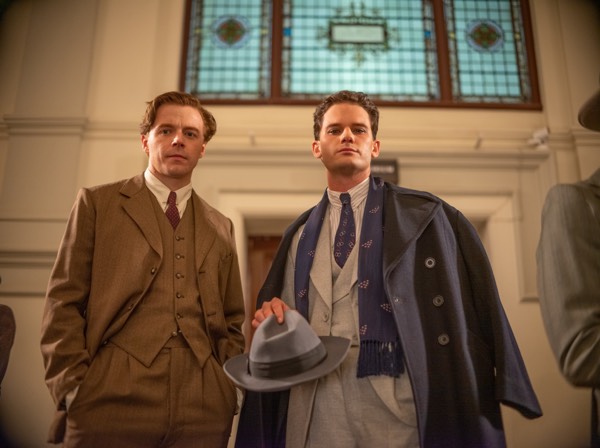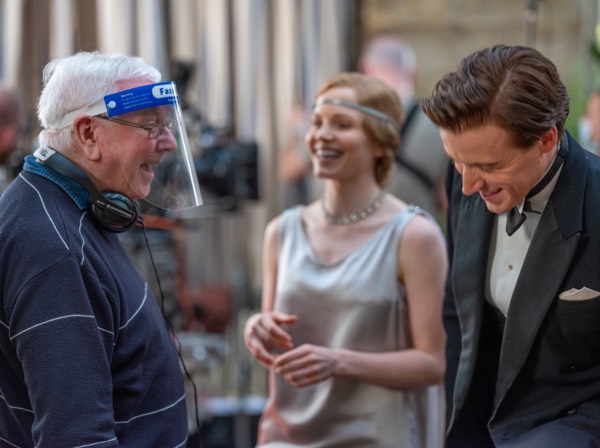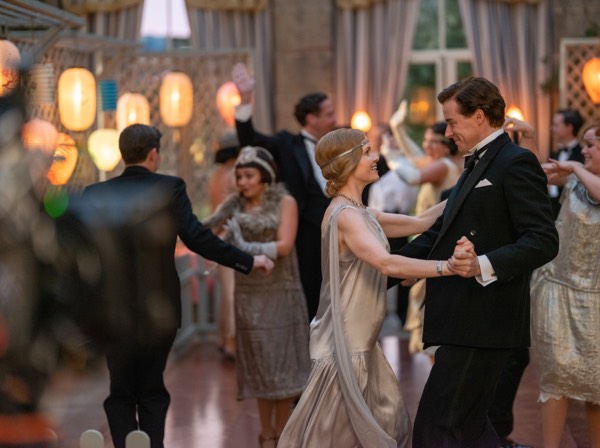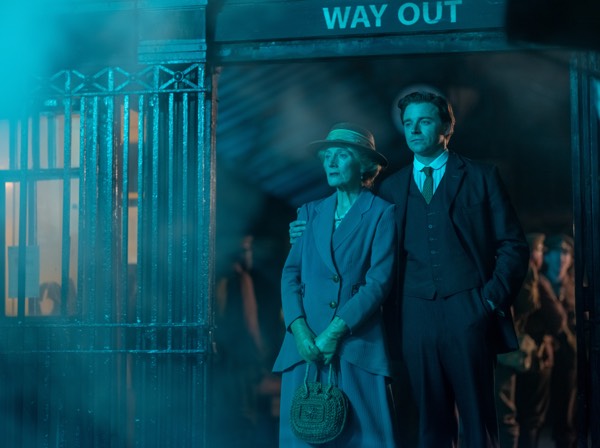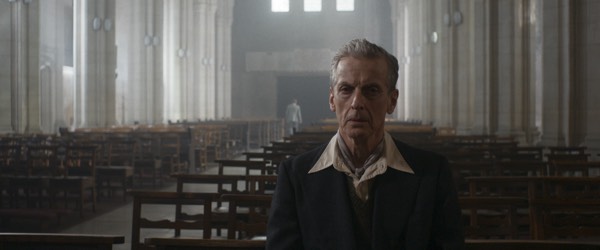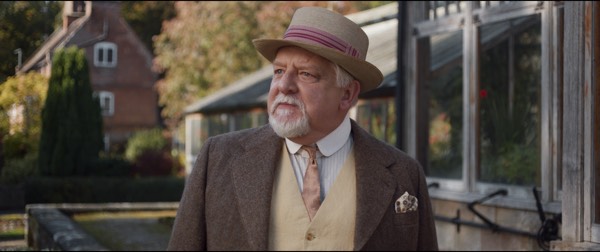The true story of the iconic gay British poet Siegfried Sassoon becomes an internalised poetic masterpiece in the hands of an iconic gay filmmaker. Writing and directing with a remarkably personal touch, Terence Davies takes the audience on an epic journey that’s funny, sexy and devastatingly emotional. It’s a rare film that is able to capture the sweep of history as well as both lighter and darker corners of the human heart, continually surprising us as it grapples unflinchingly with complex truths.
Opening during the Great War, the film hones in on a key period when the posh officer Siegfried (Jack Lowden) is send home from the trenches to recover in an Edinburgh sanitarium. There he meets fellow poet Wilfred Owen (Matthew Tennyson), and they bond over their battlefield experiences and anti-war sensibilities. After Wilfred is sent back to the front line, Siegfried moves to London, where he indulgently dives into a fabulous crowd of artists, actors, writers and musicians. Siegfried openly has an extended relationship with the cocky actor-composer Ivor Novello (Jeremy Irvine), and later gets romantic with actor Glen Byam Shaw (Tom Blyth) and social butterfly Stephen Tennant (Calam Lynch). But of course, society’s religious pressures lead him to pursue marriage to a woman, and he has a son. Years later, Siegfried (now played by Peter Capaldi) is finally able to put his entire life into perspective.
As the film recounts this story, Davies allows the narrative to swirl into the future to follow various plot threads before returning back to the central timeline. This offers a remarkable sense of each relationship’s context in Siegfried’s life, as well as meaningfully looking at how gay men had to exist in a secret parallel society hidden from the British public. This also offers moving explorations of each characters’ fate, layering in strong emotional resonance. Transitions are handled beautifully by the filmmaker, sometimes simply sliding between the periods. Other scenes are punctuated with real archival film footage or photographs, which also makes the film a provocative chronicle of Britain’s gay subculture over many decades.
This approach also allows the characters to deepen with a range of textures. Lowden is simply astonishing as Siegfried, able to be hilarious, observant and curious as well as sometimes disturbed and prickly. This huge sweep of emotions builds up to a staggering explosion. And the depth of performance also puts the side roles into context, helping reveal the intriguing men underneath these catty queens. This means that, even though Irvine, Lynch and Shaw are essentially playing scene-chomping divas, there are much more intriguingly shaded characters underneath their seductive surfaces.
Davies’ often audacious filmmaking style reveals an over-arching story in a remarkable collection of firsthand memories and historical records, exploring the interconnection between these legendary queer artists as well as their lingering impact on British culture. The film is a celebration of the power of poetry to echo the soul of an entire nation. And that soul is profoundly indebted to the gay artists who were once forced to struggle with their own identities.
* * * * *
Benediction is in UK cinemas from 20th May.





